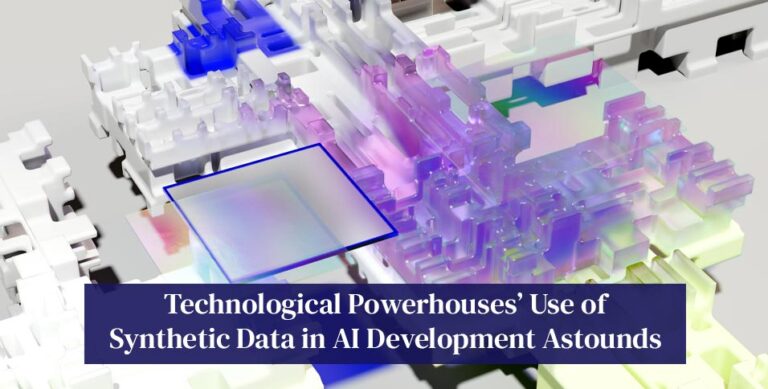You’re running a hotel, and every decision you make about pricing rooms, forecasting demand, or creating personalized experiences is from gut feeling. Does that sound familiar? If it does, you’re not alone because that’s how many hotels used to operate.
But in today’s hospitality industry, relying on gut feelings and guesswork doesn’t cut it, especially as more and more hotels embrace artificial intelligence and make it integral to their operations.
AI is reshaping how hotels manage revenue, from real-time pricing adjustments to predicting what your guests want before they arrive. So, how exactly is AI reshaping the future of hotel revenue? Let’s dive into six ways artificial intelligence is reshaping the future of hotel revenue management.
AI-Powered Demand Forecasting
AI predicts demand by analyzing historical data, booking patterns, and external factors like local events, holidays, and weather conditions. This predictive analysis allows hotels to anticipate occupancy rates and adjust pricing accordingly.
Unlike traditional hotel revenue and financial management methods that rely on static models, AI algorithms continuously learn and refine their predictions to ensure forecasts remain accurate as market conditions change.
With this level of precision, hotels can avoid overbooking or underutilizing their rooms, which can lead to lost revenue. AI ensures that room rates align perfectly with anticipated demand, which helps optimize profits while maintaining guest satisfaction.
Real-Time Dynamic Pricing
AI can help process real-time data from multiple sources – such as competitor rates, market demand, and booking patterns – and AI systems can automatically adjust room rates to reflect the current market.
This real-time data integration allows hotels to capitalize on high-demand periods by charging premium rates while offering competitive prices during off-peak seasons.
For instance, a hotel might raise prices during a local weekend event when demand is high or drop them during a lull in bookings. This responsiveness allows hoteliers to capture additional revenue they would otherwise lose.
Additionally, AI can analyze large data sets and provide actionable hotel revenue management strategies that use real-time data to optimize pricing models.
Enhanced Personalization and Customer Segmentation
Machine learning tools can allow hotels to offer highly personalized guest experiences based on preferences, booking history, and social media activity. This level of personalization goes beyond offering room upgrades or discounts.
AI can predict what services and amenities guests will likely enjoy during their stay. For example, if a repeat guest typically books spa services, the hotel’s AI system can automatically offer them a special package upon booking. This tailored approach enhances the guest experience and encourages them to spend more during their stay, further driving revenue.
Optimizing Distribution Channels
AI helps hotels assess which platforms, such as OTAs, direct bookings, and third-party sites, perform best regarding conversions and costs. It can then allocate resources to the most profitable channels and adjust them in real-time based on changing trends or how each platform performs.
Optimizing distribution strategies can allow hotels to target and reach primed customers at the right time. For instance, if bookings are slow on direct channels, AI might suggest shifting promotions to an online travel agency platform with higher traffic or vice versa to maximize overall revenue while controlling acquisition costs.
AI-Driven Marketing Strategies
AI-powered digital marketing tools can analyze guest behavior, preferences, and feedback to create highly targeted campaigns that resonate with specific customer segments. Whether using chatbots to engage potential guests or AI-driven email marketing campaigns, hotels can deliver the right message at the right time.
By leveraging AI to identify which promotions are most effective for certain types of guests, for example, business travelers versus leisure guests, hotels can have higher conversion rates, bookings, and revenue.
Predictive Maintenance for Hotel Facilities
Instead of waiting for something to break down, hotels can use AI sensors and monitoring tools to predict when equipment or facilities need repairs. This proactive approach minimizes downtime, reduces repair costs, and ensures guests enjoy a top-tier experience.
For example, an AI model can monitor the HVAC system and alert the maintenance team before a breakdown occurs. This prompt response can help avoid a costly emergency repair, ensure guest comfort and satisfaction remain uninterrupted, and lead to repeat bookings and positive reviews that drive long-term revenue.
Conclusion
These strategies directly impact profitability and allow hotels to make data-driven decisions that drive revenue. As the industry continues to evolve, hoteliers who invest in AI technology will be ahead of the curve and ready to use the tools at their disposal to maximize every opportunity.















